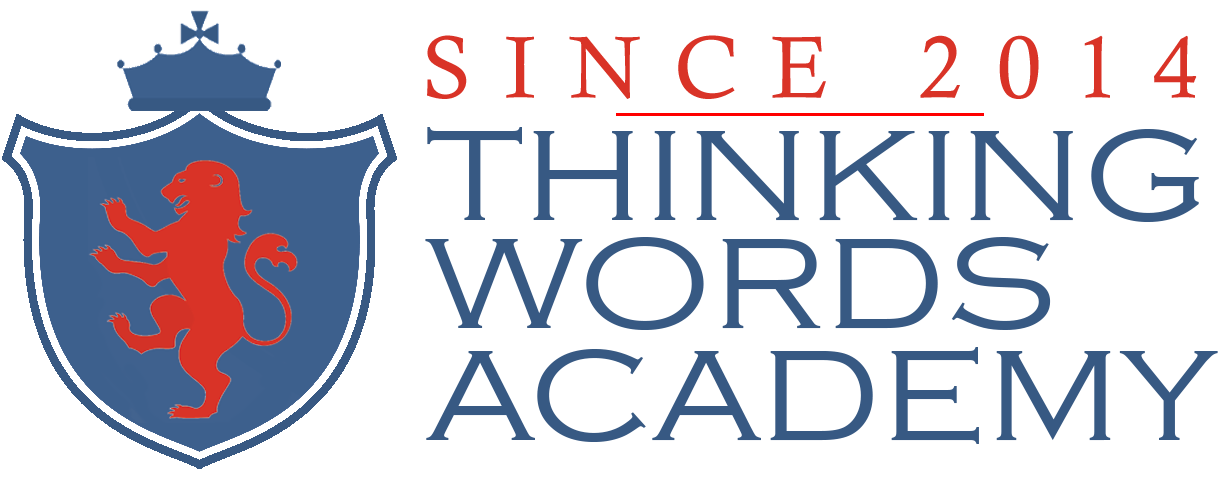Literacy and language
The teaching of reading and writing skills allows pupils to enrich and improve their vocabulary and expressions, which are relevant to each context studied. We form discussion groups in order to encourage interaction between pupils and help their discourse to become clearer and more precise. The children learn to give their opinion, with arguments which are well-structured, relevant, while respecting those of their peers.
Maths
Science
Arts
Our Art education focuses on teaching children to progressively discover Master Artists such as Joan Miro, George Braque, Monet, Picasso, Michelangelo, etc. Children learn Artistic Perception, Aesthetic Valuing, Creative Expression, Historical & Cultural Context. Art provides opportunities for self-expression, bringing the inner world into the outer world of concrete reality. It also helps to develop both independence and collaboration thus making it possible to use personal strengths in meaningful ways and to bridge into understanding sometimes difficult abstractions through these strengths.


